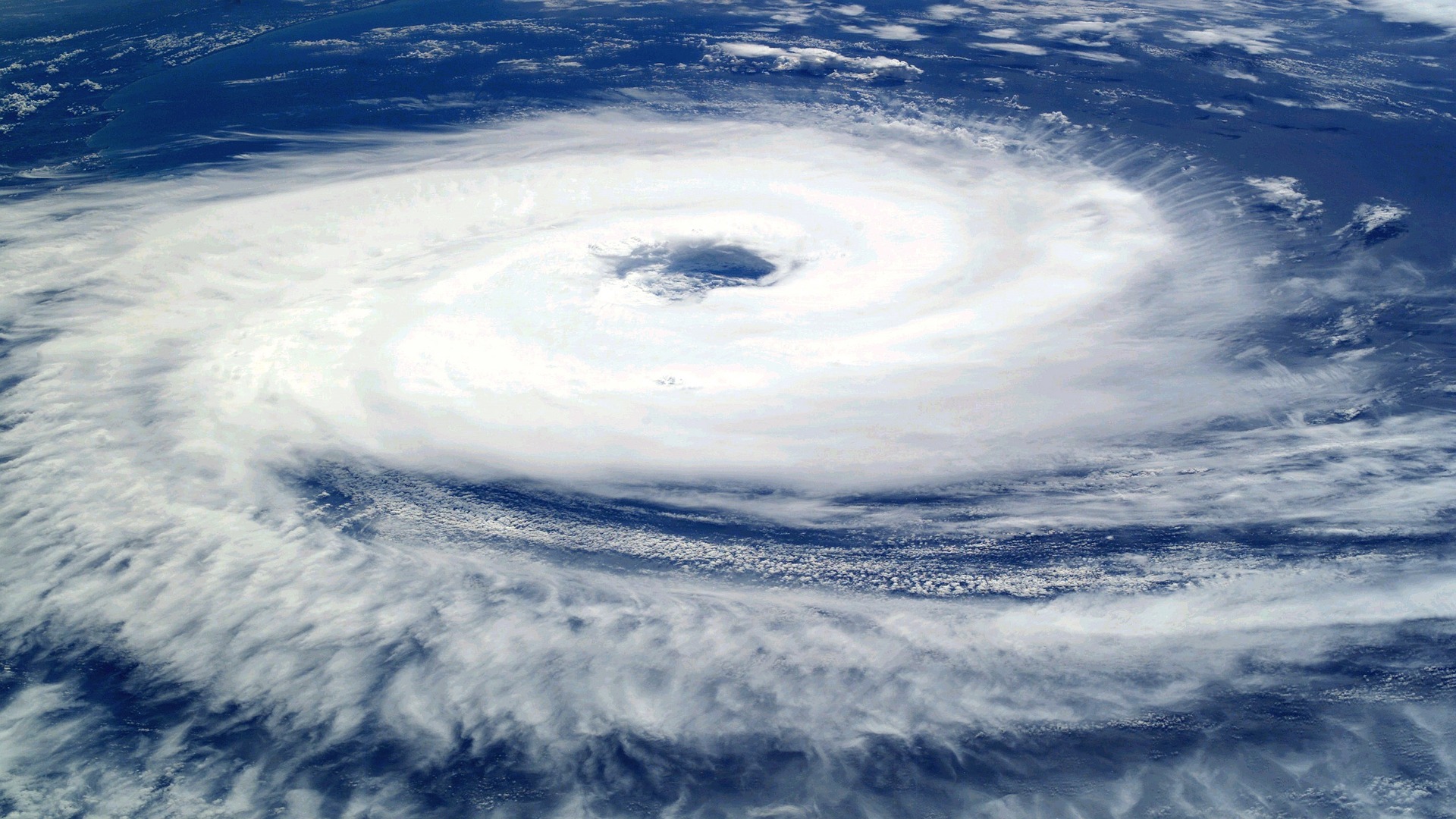Rain, Rain, Go Away: Understanding Septic Systems and Wet Weather
Read More
Schedule Online
919-446-4099

Dec 20, 2024
While most people think about flooding, fallen trees, and power outages during a hurricane, septic tanks, and systems are other essential system that often gets overlooked. Septic Blue of Raleigh explores how hurricanes affect septic tanks and systems and what steps you can take to protect them, such as septic pumping.
Heavy rainfall and flooding are the biggest threats to septic systems during a hurricane. Septic tanks are designed to handle a specific amount of water from your household. However, when large amounts of rain soak into the ground, the soil around your septic system can become saturated. This makes it harder for wastewater to drain properly.
The tank might even float or shift out of place in extreme cases. Regular septic pumping and inspections are crucial before hurricane season to prevent such issues.
Many septic systems, especially those that use pumps or advanced treatment units, rely on electricity to function properly. During a hurricane, power outages are common and can last for days. It’s also a good idea to schedule septic cleaning beforehand to ensure your system is as empty as possible in case of a storm.
Hurricanes often bring strong winds and heavy rains that can cause soil erosion. When the top layer of soil is washed away, the system’s ability to function correctly can be compromised.
This problem can worsen if your septic system is located near a slope or in an area prone to runoff. In these cases, working with a septic company in Apex, NC to reinforce the area around your system can help prevent erosion.
Floodwaters are not just water—they often contain harmful bacteria, chemicals, and other pollutants. When a hurricane floods your yard, this contaminated water can seep into your septic system, causing it to malfunction or overflow.
If your septic system has been exposed to floodwaters, you’ll need a professional service to thoroughly clean and inspect the system.
A sewage backup in your home is one of the most noticeable and unpleasant problems caused by a hurricane. When a septic system is overwhelmed by too much water, it can’t handle the usual flow of waste.
Regular septic cleaning and maintenance can reduce the chances of a backup, even during heavy storms. Contact a septic company immediately if you notice any signs of trouble, like slow drains or foul odors.
There are several steps you can take to protect your septic system before a hurricane:
If your home and yard have been affected by a hurricane, it’s essential to assess the condition of your septic system as soon as it’s safe to do so. Here are some steps to follow:
Hurricanes can be stressful and unpredictable, but with the right preparation, you can minimize the impact on your septic system. Regular septic pumping, cleaning, and proactive maintenance will keep your system in good shape year-round. After a storm, don’t hesitate to contact Septic Blue of Raleigh for help. A little effort now can save you from major headaches later.